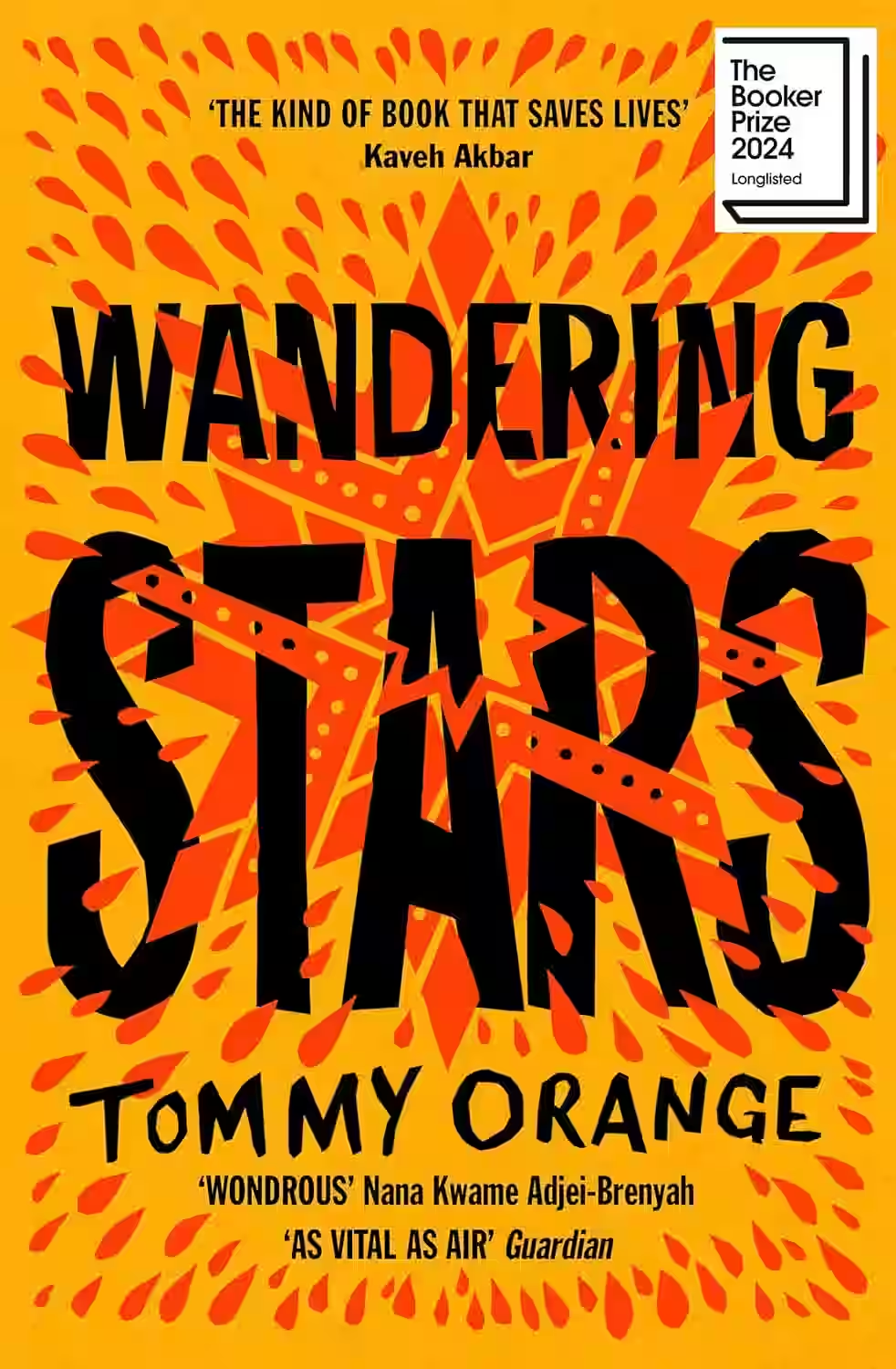
Tommy Orange's Wandering Stars is an exploration of generational trauma, cultural identity, and the enduring spirit of Indigenous people. The novel intricately weaves narratives across centuries, from the brutal realities of the 19th-century boarding schools to the contemporary struggles of a family in Oakland. Through interconnected lives, Orange addresses themes of identity, violence, and survival, offering a poignant reflection on the historical and ongoing challenges faced by Native American communities. His storytelling captures the resilience and complexity of Indigenous experiences.
About Tommy Orange
Tommy Orange is a Native American author and member of the Cheyenne and Arapaho Tribes of Oklahoma. Born in 1982, he gained critical acclaim with his debut novel, There There, which explores the lives of urban Native Americans in Oakland, California. His 2024 novel, Wandering Stars, continues to delve into themes of identity, displacement, and cultural heritage. Orange's work is noted for its powerful storytelling and contribution to contemporary Indigenous literature.
Other Books by Tommy Orange
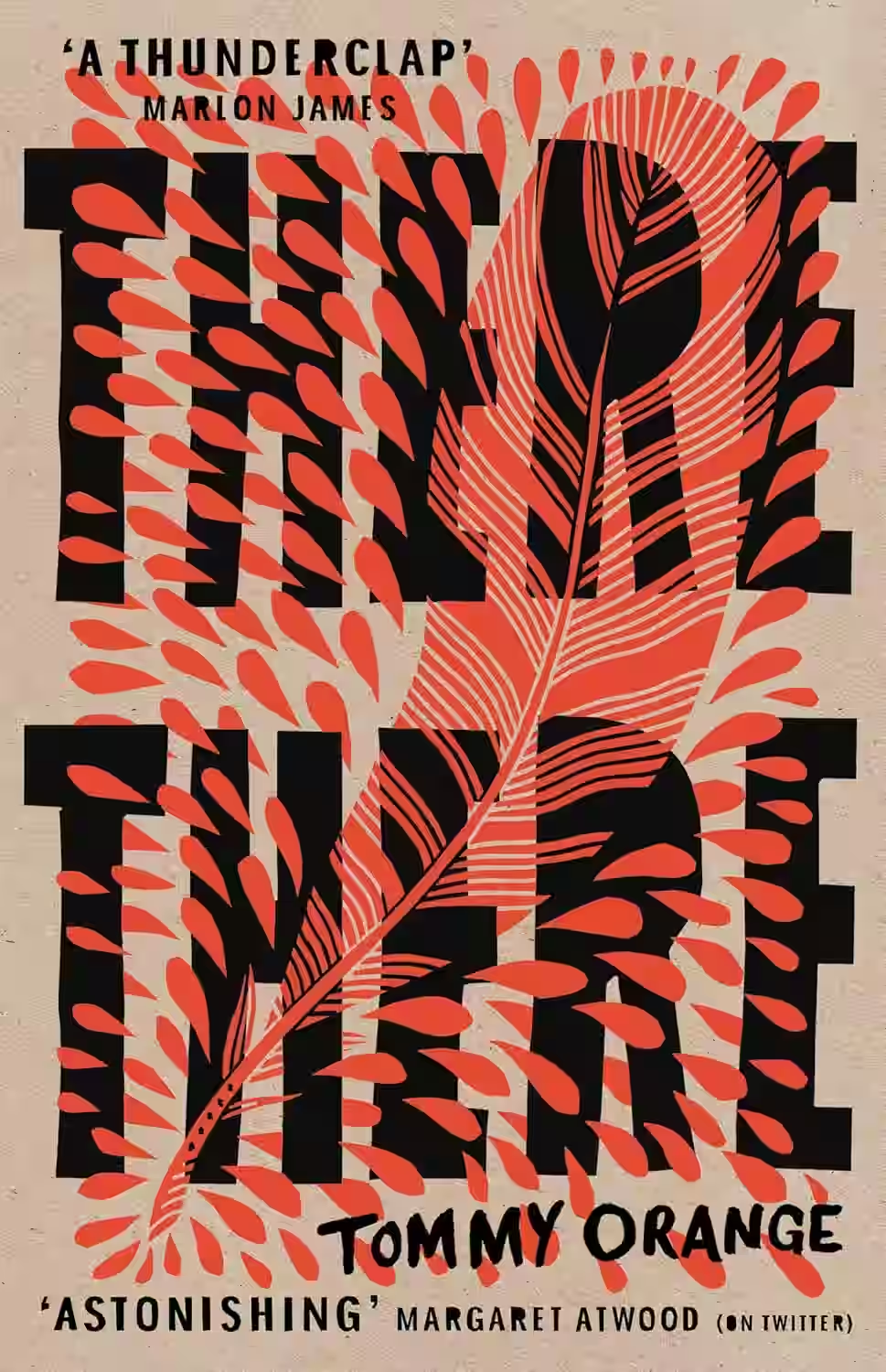
There There
by Tommy Orange
In 'There There' by Tommy Orange, the narrative weaves the lives of twelve characters of Native American descent in Oakland, each seeking identity and connection amidst urban complexities. Through interwoven perspectives, Orange explores the modern Native American experience, grappling with issues of ancestry, cultural erasure, and urban Native identity. The novel builds towards a poignant and powerful conclusion, as the characters' lives converge at a powwow, culminating in a profound exploration of heritage and belonging. Orange's prose is raw, honest, and poignant, shedding light on the resilience and struggles of Native communities. 'There There' is a thought-provoking and essential read that delves into the multifaceted layers of Native American identity.
Similar Books
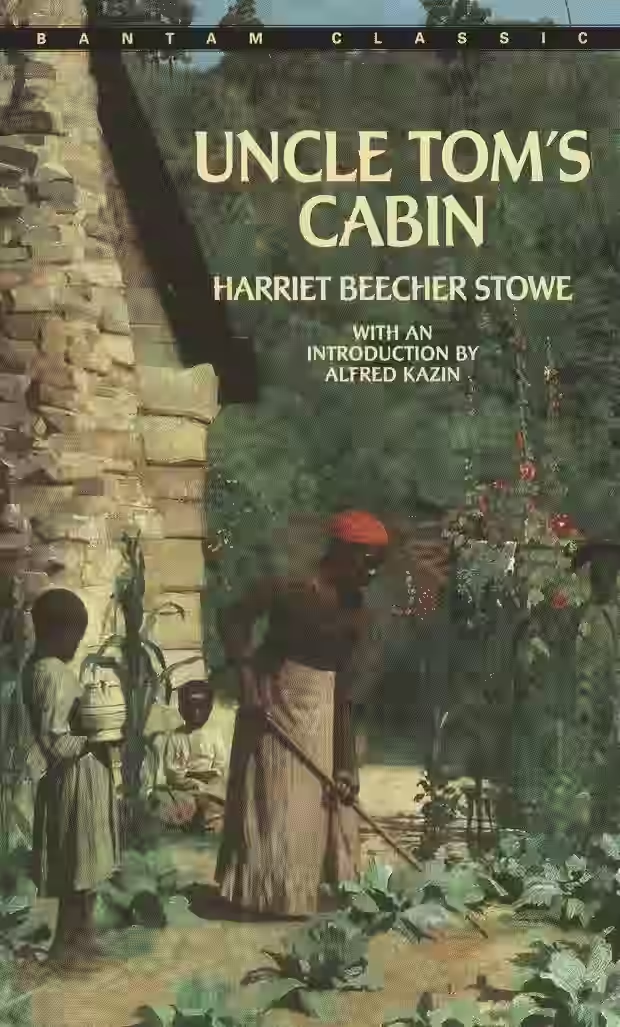
Uncle Tom’s Cabin
A landmark anti-slavery novel, Uncle Tom’s Cabin tells the story of enslaved man Tom and the brutal realities of slavery in 19th-century America. With vivid characters and emotional power, it galvanized abolitionist movements and shaped public opinion like no other book of its time. Though controversial for its portrayals today, it remains a pivotal work in American literature and history, sparking empathy and national debate.
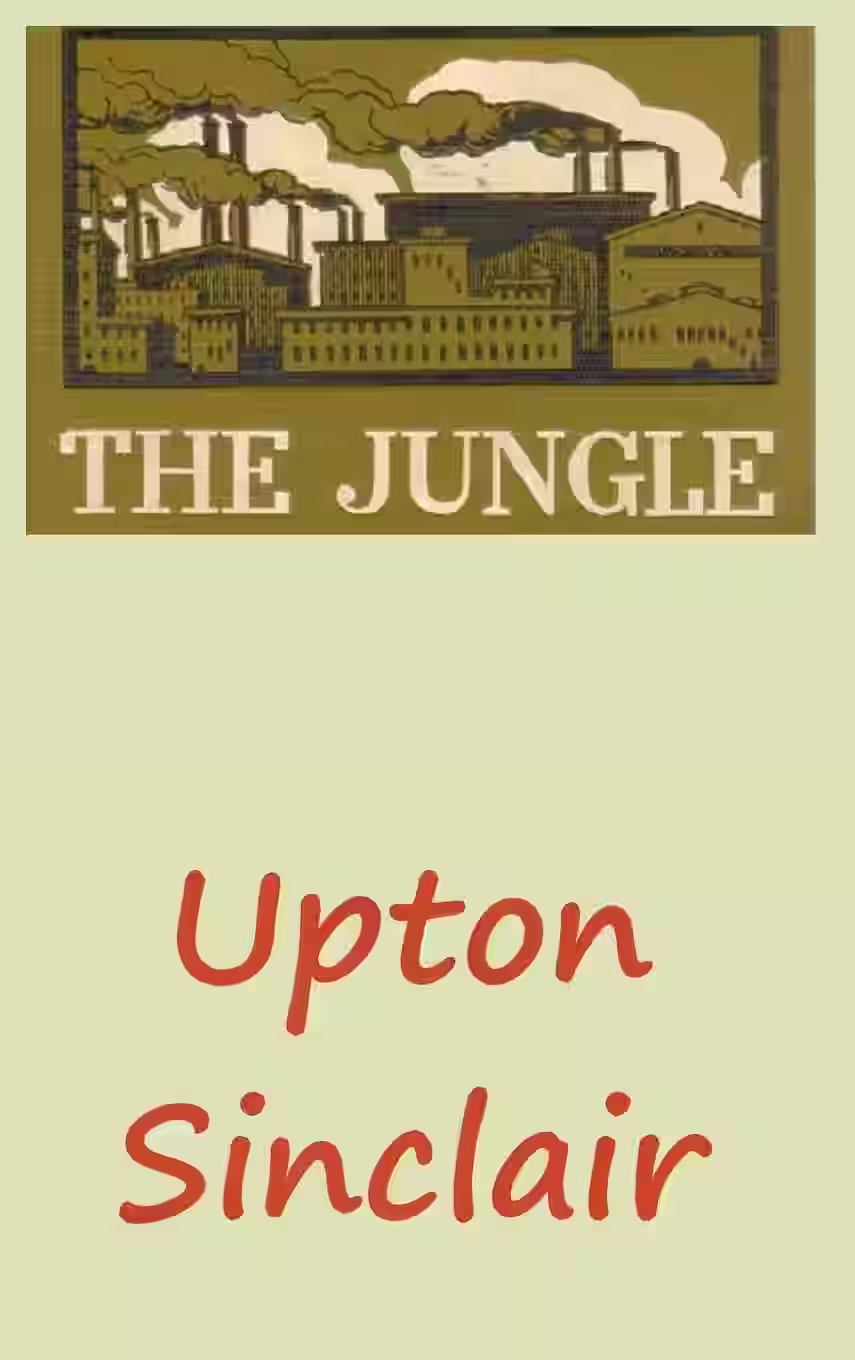
The Jungle
A harrowing expose of the American meatpacking industry in the early 20th century, The Jungle follows immigrant worker Jurgis Rudkus as he endures exploitation, poverty, and tragedy. Intended to highlight workers’ rights, it shocked readers with its depiction of unsanitary conditions, leading to major food safety reforms. Sinclair’s powerful, muckraking novel remains a classic of social criticism and a landmark in investigative literature.
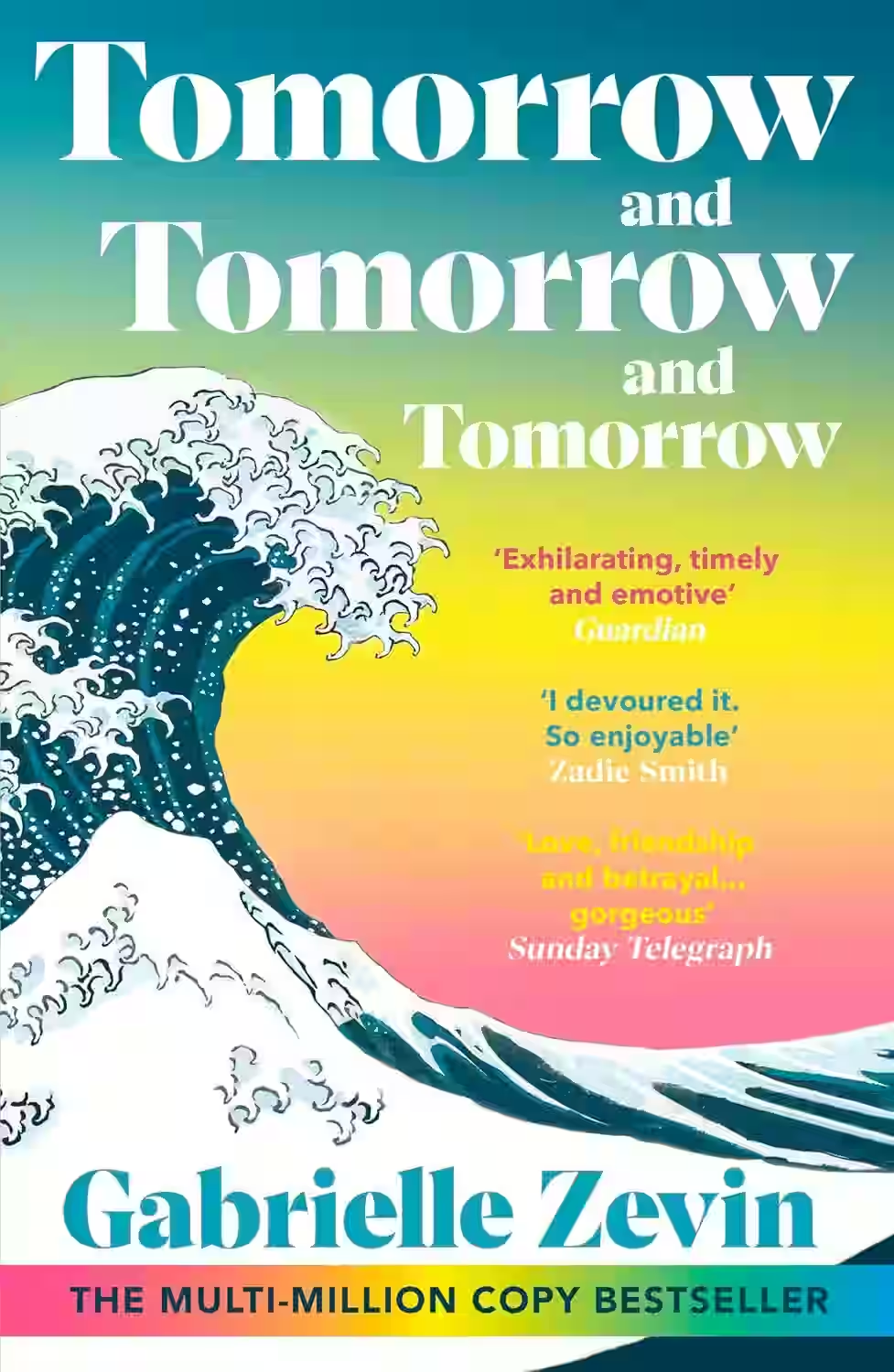
Tomorrow, and Tomorrow, and Tomorrow
This is the story of Sam and Sadie. It's not a romance, but it is about love. When Sam catches sight of Sadie at a crowded train station one morning he is catapulted straight back to childhood, and the hours they spent immersed in playing games. Their spark is instantly reignited and sets off a creative collaboration that will make them superstars. It is the 90s, and anything is possible. What comes next is a decades-long tale of friendship and rivalry, fame and art, betrayal and tragedy, perfect worlds and imperfect ones. And, above all, our need to connect: to be loved and to love.
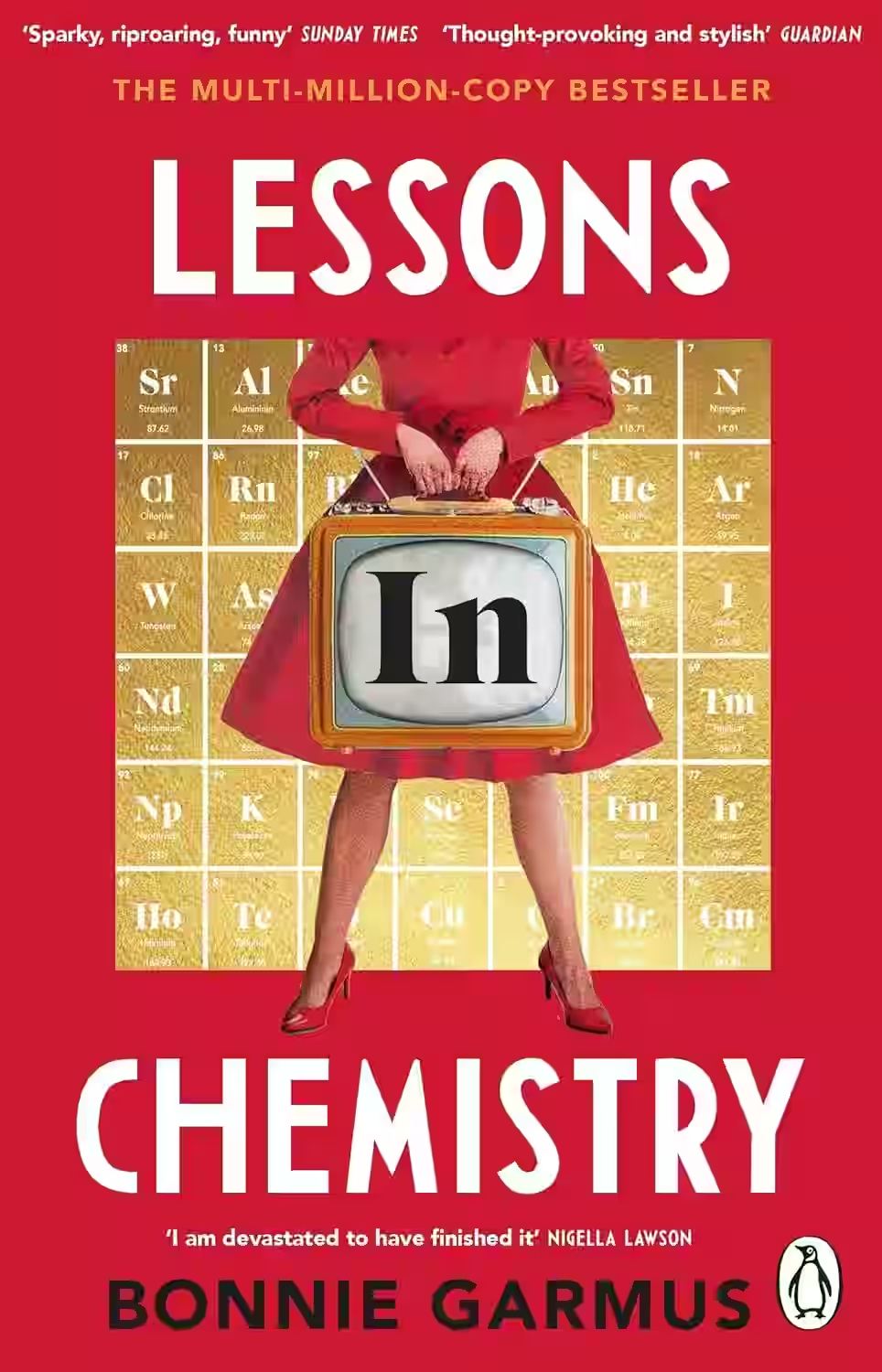
Lessons in Chemistry
In the 1960s, brilliant chemist Elizabeth Zott challenges sexist norms in academia and television when she becomes the host of a cooking show that teaches women about science and independence. Blending humor, feminism, and heart, Lessons in Chemistry celebrates intellect, defiance, and the transformative power of belief—in yourself and in change.